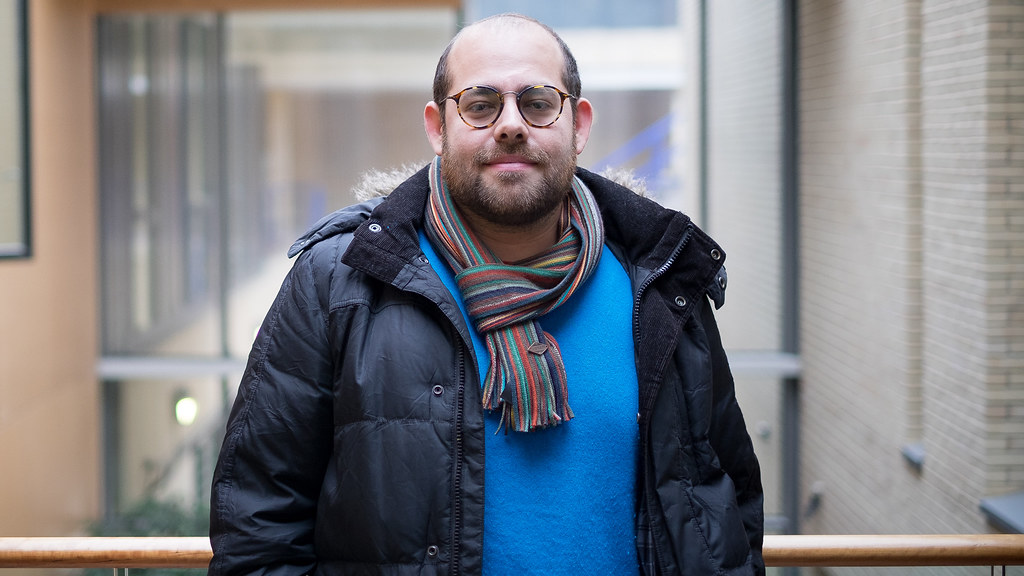My PhD research focused on the changes in the genome sequence that underlie the genomic signatures associated with brain size variation.
I studied whether changes in the number of copies of genes have contributed to shaping the morphological, physiological and metabolic machinery supporting brain evolution over the last 180 million years.
My PhD project was most of the time computationally based. I coded some analysis in the morning, read some papers and gather useful data from databases. I also prepared further analysis for other projects and discuss previous results with my colleagues. Sometimes, taking a break while the programs ran in the background. Reorganising my results to make them easier to discuss and interpret in the context of other analysis was also a big part of my day.
The importance of your supervisor
I chose to do my PhD at Bath because I was interested in the work of my supervisors. My supervisor at Bath, Dr Araxi Urrutia, focuses on understanding the genomic basis of complex phenotypes and my external supervisor, Dr Humberto Gutierrez, on developmental neurobiology and genomics. Their research was perfectly aligned with my subject of interest. I also benefited from my supervisors’ many collaborations. They gave me the opportunity to take part in many different projects. My supervisor and I, shared the same nationality which helped me have an easier transition moving to the UK. They undoubtedly played a big part in everything I accomplished during my PhD.
Ups and downs
As well as the stimulating discussions with my colleagues, I really enjoyed the feeling of achievement that comes when you do a PhD. Doing research and threading unknown paths to contribute to humanity's pool of knowledge.
What I found more challenging was when analysis would produce inconclusive results. While this is not so unusual in research, it felt like hitting a brick wall. So, be flexible with your research, most times first approximations won't end up working. Refocusing a project might be better than wasting too much time trying to get something to work.
Future plans
I've always wanted to pursue a career in academia and my PhD only reinforced these aspirations. I am currently a postdoctoral researcher in the Milner Centre for Evolution. In the future, I hope to lead my own research group to study the evolution of diverse biological traits.
My advice to students
Make use of the wealth of knowledge and the diversity of backgrounds that the University has to offer. Don't be afraid to discuss your ideas with students and academics of the Department. A fresh pair of eyes and a different perspective can really help you.
